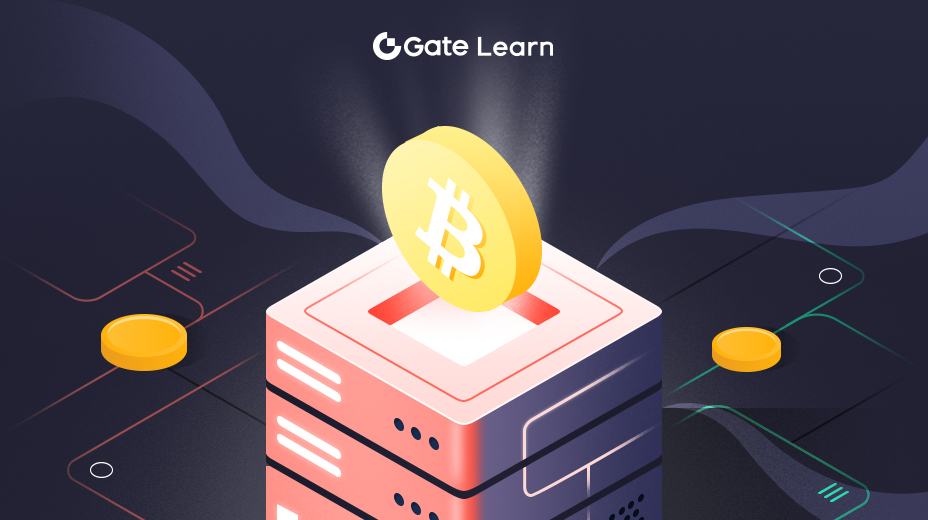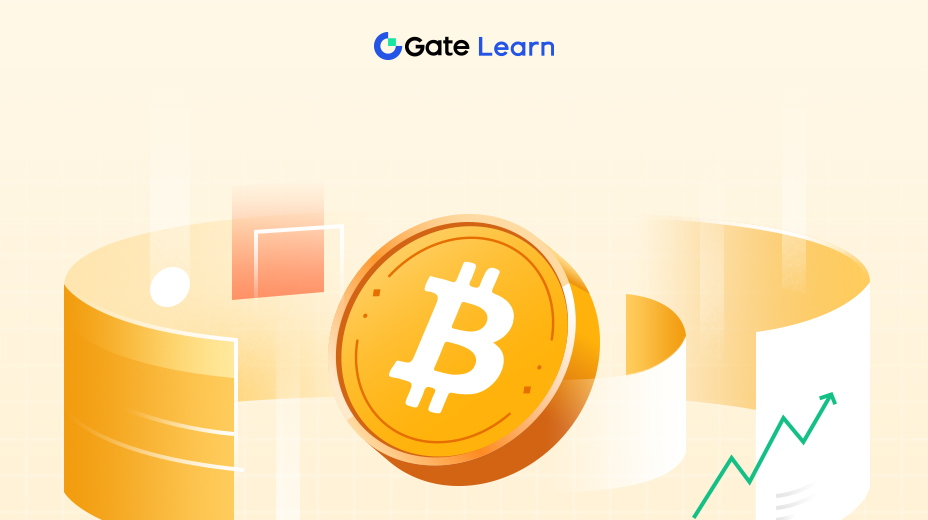Hiểu biết kỹ thuật về DAO cốt lõi
Chúng tôi sẽ khám phá cơ chế đồng thuận Satoshi Plus, kết hợp DeleGate.comd Proof of Work (DPoW) và DeleGate.comd Proof of Stake (DPoS) để tận dụng cả bảo mật và quản trị. Cuộc thảo luận này sẽ đề cập đến cách DPoW cho phép các thợ đào Bitcoin đóng góp vào bảo mật của mạng Core mà không cần thay đổi cài đặt đào, và cách DPoS cho phép chủ sở hữu mã thông báo tham gia vào quản trị mạng thông qua các cuộc bầu cử validator.
Cơ chế đồng thuận Satoshi Plus

Nguồn: Tài liệu
Cơ chế đồng thuận Satoshi Plus là một sáng kiến đặc biệt của Core DAO, kết hợp sức mạnh của hai mô hình đồng thuận khác biệt: DeleGate.comd Proof of Work (DPoW) và DeleGate.comd Proof of Stake (DPoS). Phương pháp lai này được thiết kế để tận dụng sự bảo mật có sẵn trong quá trình đào Bitcoin (DPoW) trong khi tích hợp sự quản trị và hiệu quả của DPoS, thường được liên kết với các mạng như EOS và Tezos.
DeleGate.comd Proof of Work (DPoW)
DPoW tận dụng cơ sở hạ tầng và bảo mật hiện có của các thợ đào Bitcoin bằng cách cho phép họ “deleGate.com” sức mạnh hash của họ cho mạng Core. Cơ chế này không đòi hỏi các thợ đào phải chuyển hoạt động từ Bitcoin sang Core; thay vào đó, nó tái sử dụng sức mạnh hash đã được tiêu thụ trong việc đào Bitcoin để bảo vệ mạng Core. Điều này tạo ra một mối quan hệ cộng sinh nơi thợ đào Bitcoin có thể kiếm được phần thưởng bổ sung mà không ảnh hưởng đến bảo mật của mạng Bitcoin.
DeleGate.comd Bằng Chứng Cổ Phần (DPoS)
DPoS giới thiệu một lớp cẩm nang quản trị dân chủ vào mạng lưới. Trong mô hình DAO Core, người giữ token có thể đặt cược CORE token của họ để bầu cử các validator, người chịu trách nhiệm duy trì tính toàn vẹn và hiệu suất của mạng lưới. Mô hình này không chỉ tăng tốc độ xử lý giao dịch so với các hệ thống Proof of Work truyền thống mà còn giảm tiêu thụ năng lượng, giải quyết một trong những lời chỉ trích chính của các hoạt động khai thác mỏ truyền thống.
Validators & Bầu cử Validator
Người xác thực là trung tâm của hoạt động của Core Chain, sản xuất khối và xác thực giao dịch. Việc chọn họ dựa trên một điểm số kết hợp được tính từ các đóng góp Proof of Work (DPoW) của DeleGate.comd bởi các thợ đào Bitcoin, Proof of Stake (DPoS) của DeleGate.comd bởi các chủ sở hữu CORE, và các đóng góp đặt cược Bitcoin. Mỗi 200 khối (khoảng 10 phút), tập hợp người xác thực được cập nhật. 21 người xác thực hàng đầu theo điểm số kết hợp được chọn để tiếp tục làm người xác thực hoạt động cho tập hợp tiếp theo.
Vai trò của người xác thực
Trình xác thực đóng một vai trò quan trọng trong mạng Lõi. Họ không chỉ chịu trách nhiệm tạo các khối mới và xử lý các giao dịch mà còn tham gia quản trị mạng. Việc lựa chọn người xác thực là một quá trình năng động bị ảnh hưởng bởi việc đặt cọc mã thông báo CORE. Các trình xác thực có cổ phần cao hơn của mã thông báo deleGate.comd có cơ hội được bầu tốt hơn, thúc đẩy một hệ thống nhân tài, nơi các nút được hỗ trợ nhiều nhất chi phối mạng.
Vai trò kép của những người xác minh trong việc bảo vệ mạng và quản trị đại diện cho tinh thần phi tập trung của công nghệ blockchain, đảm bảo rằng không có một tổ chức đơn lẻ nào có thể kiểm soát mạng lưới. Hiệu suất và hành vi của người xác minh được theo dõi liên tục, với hình phạt đối với các hành động độc hại hoặc vi phạm tiêu chuẩn mạng.
Cơ chế đồng thuận Satoshi Plus và các khung viện chứng thực và an ninh liên quan của Core DAO đại diện cho sự kết hợp tinh tế giữa công nghệ, kinh tế và quản trị. Cách tiếp cận đổi mới này không chỉ đảm bảo mức độ an ninh cao và hiệu suất mạng mà còn phù hợp với mục tiêu rộng lớn hơn là quản lý phi tập trung và dân chủ của các mạng blockchain.
Vai trò của các thành viên
Người xác nhận có trách nhiệm tạo khối và xác nhận giao dịch. Để trở thành người xác nhận, người đó phải đăng ký và khóa token CORE như một khoản đặt cọc an ninh. Trong khi đó, người truyền thông chuyển tiêu đề khối Bitcoin đến mạng Core, cho phép phần DPoW của cơ chế Satoshi Plus. Người truyền thông cũng đăng ký và khóa token CORE. Người xác minh có nhiệm vụ đảm bảo tính nguyên vẹn của mạng bằng cách báo cáo hành vi độc hại như ký tên hai lần hoặc thời gian chết máy. Các xác minh thành công dẫn đến cắt giảm hoặc tù tội của người xác nhận dẫn đến phần thưởng cho người xác minh. Cả người giữ CORE và Bitcoin đều có thể đặt cược token của họ để hỗ trợ người xác nhận, ảnh hưởng đến việc bầu cử người xác nhận thông qua sự đóng góp của token đặt cược của họ vào điểm số lai của người xác nhận.
Phần Thưởng và Cấu Trúc Động Viên cho Người Xác Thực
Validators kiếm phần thưởng từ việc tạo ra token CORE mới và phí giao dịch thu được. Phần thưởng này được phân phối dựa trên hiệu suất và cổ phần của họ, khuyến khích validators duy trì tính trung thực và hiệu quả. Phần thưởng được chia sẻ với những người ủy quyền hash power hoặc token cho validators. Việc phân phối tỷ lệ với số lượng tài nguyên mà mỗi người ủy quyền đóng góp so với tổng số cổ phần và hash bởi validators.
Biện pháp an ninh
Các nhà xác thực không tuân thủ theo giao thức (ví dụ, thiếu khối, hoạt động độc hại) sẽ đối mặt với việc cắt giảm cổ phần và phần thưởng của họ, hoặc bị tạm giam mà tạm thời loại bỏ họ khỏi bộ xác thực. Để ngăn chặn các cuộc tấn công từ xa, Core Chain sử dụng các điểm kiểm tra, ghi lại trạng thái của chuỗi khối vào các khoảng thời gian đều đặn, từ đó bảo vệ lịch sử và tính toàn vẹn của chuỗi.
Khung bảo mật của Core DAO rất mạnh mẽ, bao gồm nhiều lớp kiểm tra và cân bằng bảo mật. Việc tích hợp DPoW và DPoS giảm thiểu rủi ro tập trung và những lỗ hổng bảo mật liên quan. Các cuộc kiểm tra bảo mật định kỳ và việc triển khai các phương pháp mật mã đảm bảo rằng mạng lưới vẫn chống chọi với các loại đe dọa mạng, bao gồm chi tiêu kép và tấn công 51%.
Tương tác với Mạng Bitcoin
Các thợ đào Bitcoin 'có thể deleGate.com PoW được tạo ra từ việc khai thác Bitcoin vào mạng Core bằng cách chỉ định điều này trong giao dịch coinbase. Điều này tái sử dụng sức mạnh băm mà không ảnh hưởng đến việc khai thác Bitcoin của họ. Relayer đóng một vai trò quan trọng bằng cách đảm bảo rằng các tiêu đề khối Bitcoin được truyền đạt chính xác và an toàn đến mạng Core, cho phép tính toán DPoW chính xác.
Quy trình kỹ thuật
Sản xuất khối:Các máy chủ xác thực lần lượt theo cách tròn theo lượt để tạo ra các khối, đảm bảo một phân phối công bằng và hiệu quả của trách nhiệm sản xuất khối.
Quy trình bầu cử người xác thực:Ở cuối mỗi ngày, những người xác thực được bầu lại dựa trên điểm số kết hợp của họ, được tính toán lại để phản ánh đóng góp của họ và các sự ủy nhiệm nhận được trong thời gian qua.
Kiểm tra an ninh: Các khoảng thời gian đều đặn (kỷ nguyên) được thiết lập để kiểm tra tính hợp lệ và sự cùng cố của người xác minh, loại trừ những người bị giam giữ hoặc bị cắt giảm quyền tham gia vào quá trình đồng thuận.
Kiến trúc này không chỉ sử dụng tính bảo mật và phân tán có sẵn của việc đào Bitcoin mà còn tăng cường tính mở rộng và chức năng của blockchain thông qua khả năng hợp đồng thông minh tiên tiến, khiến Core DAO trở thành một nhà phát triển đổi mới trong hệ sinh thái blockchain.





